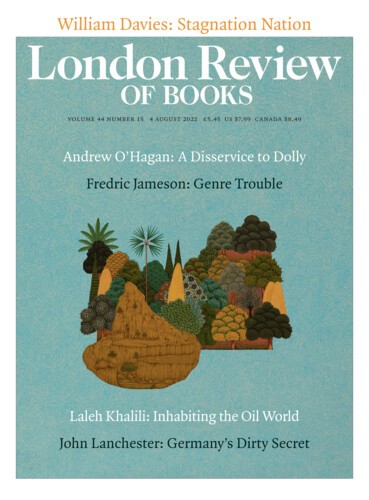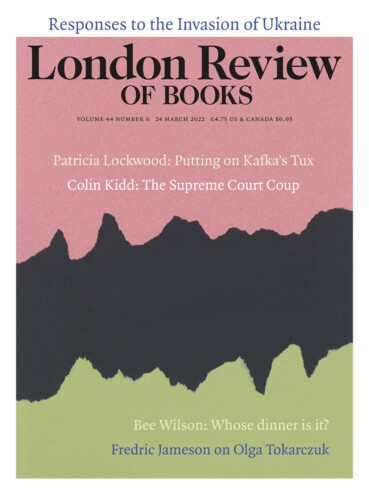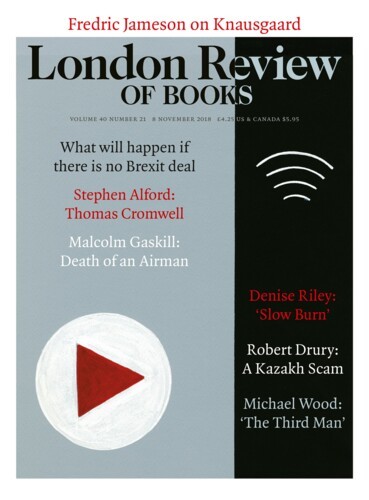War as a Rhizome: Genre Trouble
Fredric Jameson, 4 August 2022
Our interest in historical works always seems dependent on something extra-aesthetic: on the questions posed by the history books, for example (what were Hitler or Stalin really like?); on this or that current fad (Nazi materials, of course, exert a seemingly perennial fascination); on our historicity in general as it has developed since the French Revolution, and been sated by offerings from Walter Scott to Ken Burns, Tolstoy to Margaret Mitchell, Hilary Mantel to Ben Pastor. Pastor seems to have invented a new way of combining the whole and the part in what TV producers might call the limited series. Yet it might chasten us to remember that as a result of our increased historicity today all novels are historical (when not, indeed, science-fictional): all carry with them the fatal chronological questions ‘Before what?’ and ‘After what?’ Perhaps, then, it might be preferable to shift from the horizontal to the vertical: to see what it is that Bora’s ‘history’ is made of, what it offers us. For novels are put together out of all kinds of raw material; they don’t really have the purity of the older genres.





